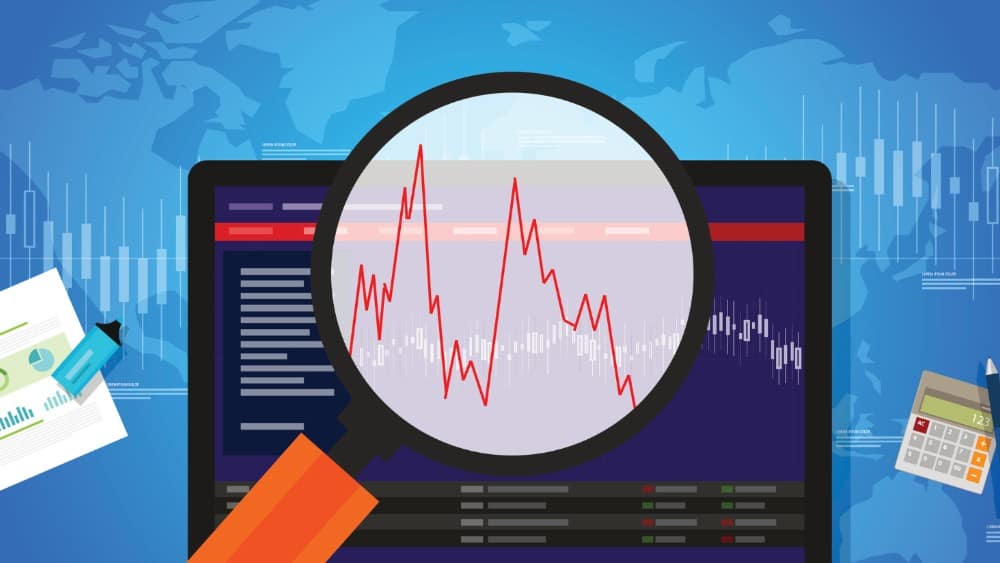
The TFSA (Tax-Free Savings Account) is an excellent investment vehicle for Canadian citizens to earn tax-free returns upon the specified amount called contribution room. The CRA (Canada Revenue Agency) has fixed the contribution room at $6,000 for this year, with the cumulative contribution room at $81,500 for the citizens who were above 18 years in 2009.
The contribution room would increase or decrease in proportion to the performance of stocks held in the TFSA. If the value of the stocks held in the TFSA rises, then upon withdrawal, the investor can re-contribute at the increased value. Meanwhile, if the stock falls and the investor decides to withdraw, then they would be able to re-contribute only at the lower value. So, given the volatile environment, it is prudent to invest in companies with excellent track records, stable cash flows, and attractive valuations.
Here are my three top picks.
TC Energy
TC Energy (TSX:TRP)(NYSE:TRP) is a midstream energy company that has delivered an impressive average annual total shareholders return of over 13% since the beginning of 2000, outperforming the broader equity markets. With around 95% of its adjusted EBITDA (earnings before interest, tax, depreciation, and amortization) generated from rate-regulated assets and long-term contracts, the company’s financials are less susceptible to commodity price fluctuations. Supported by these reliable earnings, the company has raised its dividend at a CAGR (compound annual growth rate) of 7% for the last 22 years, while its yield stands at a juicy 5.77%.
Meanwhile, amid the growing geopolitical tensions, North America’s liquefied natural gas (LNG) exports could increase by 90% over the next eight years, driving the demand for TC Energy’s services. Meanwhile, the company has planned to sanction around $5 billion of projects yearly throughout the decade, strengthening its asset base. So, given its growth prospects, the company’s management expects its adjusted EBITDA to grow at a CAGR of 5% through 2026. The management hopes to raise its dividend at a CAGR of 3-5% in the coming years.
BCE
Telecommunication companies earn substantial revenue from recurring subscriptions, thus delivering stable and reliable cash flows. So, I have chosen BCE (TSX:BCE)(NYSE:BCE), one of Canada’s top telecommunication players, as my second pick. Amid its robust cash flows, the company has raised its dividend by over 5% yearly for the last 14 years. With a quarterly dividend of $0.92/share, its yield stands at a juicy 5.85%.
Meanwhile, digitizing business processes and increased penetration have driven the demand for telecommunication services. With rising demand, BCE has accelerated its capital spending to strengthen its 5G and broadband infrastructure. Its capital spending from 2020 to 2023 could reach $14 billion. With these investments, the company has launched 5G+ services, the next evolution of 5G, in Toronto and some parts of Ontario. The company hopes to reach 40% of the country’s population by this year-end. So, given its growth initiatives and expanding telecommunication market, I believe BCE is an excellent buy right now.
Canadian Utilities
My final pick is Canadian Utilities (TSX:CU), which has raised its dividend for the last 50 years — one of the longest track records of Canadian public companies to do so. With its $21 billion utility asset base, the company serves around two million customers, meeting their electricity and natural gas needs. The company generates a substantial percentage of its earnings from low-risk regulated assets, thus delivering predictable cash flows and allowing it to grow its dividend consistently. With a quarterly dividend of $0.4442/share, the company’s yield for the next 12 months stands at a healthy 4.35%.
Meanwhile, Canadian Utilities is progressing with a capital-investment plan, which could increase its rate base at a CAGR of 2% from 2021 to 2024. The company’s cost-reduction initiatives have lowered its operational and maintenance cost by 17% per kilometre in electricity distribution and 19% per customer in natural gas distribution over the last six years. So, given its solid underlying business and growth prospects, I believe the company could continue with its dividend growth.






